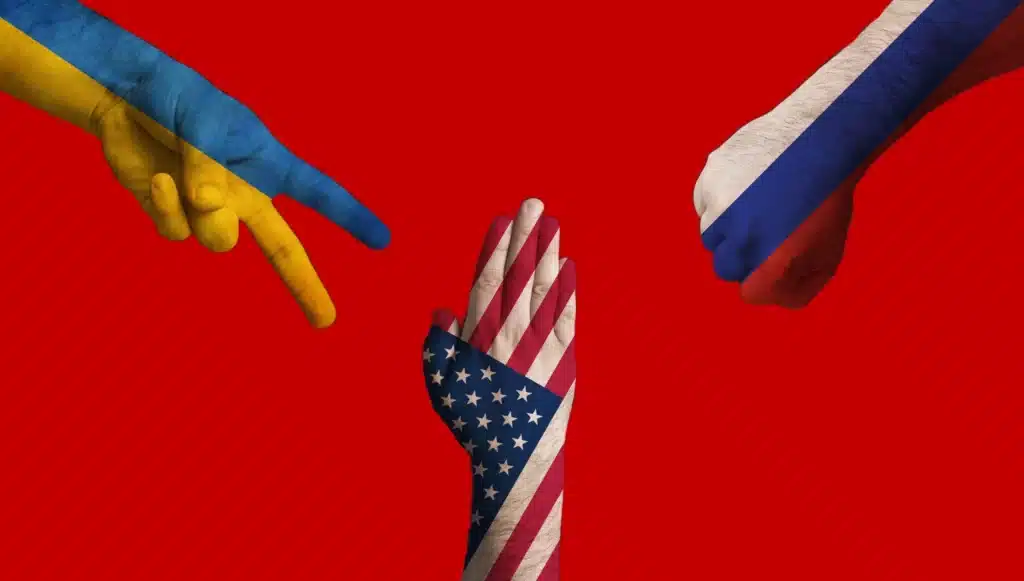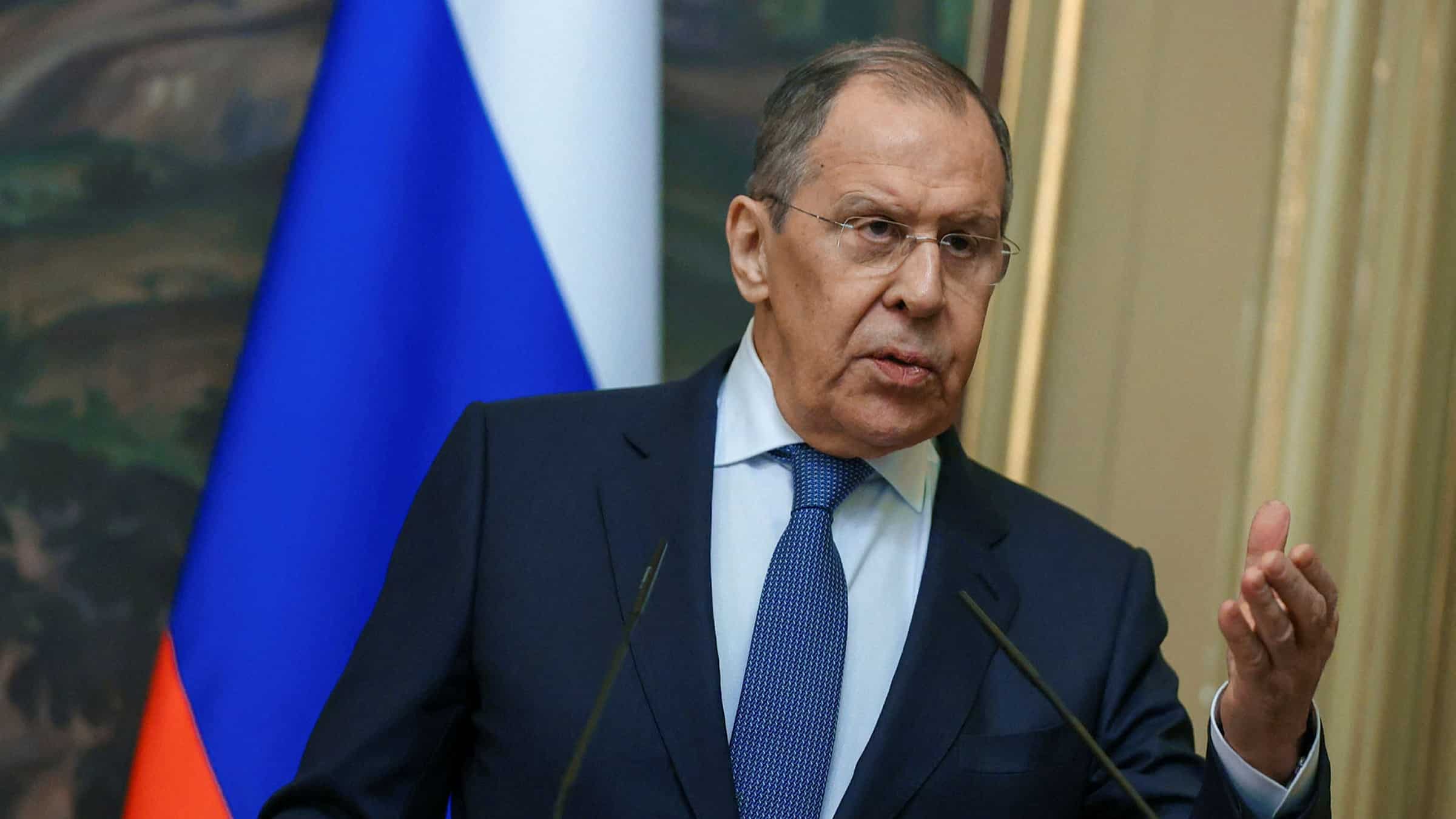It's no secret that the world is going through a very bad time. Tensions are high, and every day we seem to be getting closer and closer to a third world war. The latest statements by Russian Foreign Minister Sergei Lavrov are just the latest emphasis on this possibility.
Historical fears of a new global conflict (which would put an end to all wars, for the simple fact that it would bring with it the possibility of an end to our entire species) are periodically repeated. Never like now, though. Something terrible can really start from one day to the next, just like that, and make us slip into a nightmare.
Third World War, because the risk is real

Throughout history, there have been many warnings of a looming World War III. Alarms that have typically occurred in times of strong global tensions or major geopolitical changes. Yesterday (starting in the 50s) it was the arms race between the United States and the Soviet Union: today it is the rise of China as a great economic and technological power
The “Thucydides Trap” (a concept developed by Harvard political scientist Graham Allison) is ahistorical. Every time an emerging power (in this case China) has challenged an established power (in this case the USA) over the last 2000 years, the situation has escalated into a world war. Today things are no different.
The promises (illusions?) Linked to globalization that started at the beginning of the century have led the US and China to collaborate often and willingly, creating a robust economic interdependence. To the point that 8 years ago the presentation of a project did not seem like a gamble it would even "connect" the two nations with an underwater railway route. The shelving of the project was one of the eloquent signs of ever-increasing rivalry. The danger of a "cold war" between the USA and China it is now over two years old.

The reasons for the dispute? Mainly the competition on the South China Sea. China claims those areas as its territorial waters, as well as rich oil and gas fields and domination over 40% of the global trade that transits through these strategic seas. For the US, those are simply international and vested-in waters.
Last (but not least) came Covid

If the dispute over the China Sea wasn't enough, everything else has arrived. Partly desired, partly unexpected. The imposition of economic sanctions imposed by the USA, which hit some Chinese technological assets such as Huawei hard, was perhaps the first sign of a showdown. And then the pandemic: a medical, political and perhaps scientific delirium (between American threats of the virus "escape" from laboratories and Chinese counter-deductions). Nothing like Covid accelerated the ongoing crisis between the two countries. Nothing or almost nothing, which brings us straight to Russia.
Chinese support for the Russians did not arise today with the conflict in Ukraine, indeed in this phase it sees a particular balance. But it is a process that has been underway for years, which has seen its highest point in the space collaboration between the two countries. A "slap" to the West which over a year ago led to the historic signing of a Russia-China agreement for the construction of new space bases alternatives to the current ones.
What concrete risks of military involvement?
Il Ukrainian conflict has been ongoing since 2014, when Russia annexed the Crimean peninsula. In recent months, there has been a sharp escalation of violence, with Ukrainian forces clashing with Russian-backed separatists in the eastern part of the country. The United States accused Russia of providing military support to the separatists and imposed sanctions in response. Meanwhile, China has called on all sides to resolve the conflict through dialogue. However, some analysts believe that China and the United States could become militarily involved in the conflict, which could lead to World War III.
A major concern is that China and the United States could be involved in a proxy war, with each side supporting different sides in the conflict. This is precisely the gist of Lavrov's speech yesterday. Consider Russia not a decisive actor at this moment, but a large stone that "rubbed" with the Ukrainian one can give rise to a gigantic spark.
A spark that could lead to a direct confrontation between Chinese and American forces.

The risks of "proxy" wars are always the same: that they translate into direct wars. The intervention of NATO forces in the Ukrainian conflict could indeed lead Russia to use nuclear weapons, and a nuclear exchange between Russia and the West would have devastating consequences for the entire world. Other risks could arise from the dispute in the area of “new routes”, with Finland's entry into NATO. A risk that I feared even on the eve of the Ukrainian conflict. It is impossible to predict exactly how events will unfold, but it is clear that Lavrov is right (also because he is a contributing cause): the risks of a major escalation of the Ukrainian conflict are real and should not be ignored.
How can we join efforts, and work as a global community to defuse this madness?
Some warn that modern weapons and technologies, such as drones and nuclear weapons, could make this potential conflict even more devastating than previous wars.


